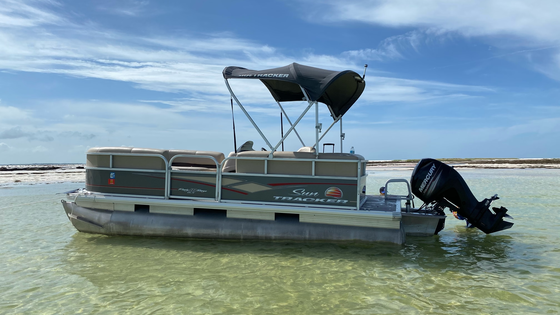When it comes to owning a boat, one of the most important components you'll need to consider is the engine. In 2025, the cost of a boat engine still varies widely depending on several factors, including the type of boat, the type of engine, and the engine's power output. With new technologies and environmental regulations influencing the market, boaters now have more options than ever before.
This comprehensive guide breaks down the costs of boat engines in 2025 and highlights the key factors that can influence your investment.
The Type of Boat
The type of boat you own plays a major role in determining engine cost. Different boats require different levels of power, durability, and technology.
- Small fishing boats and runabouts: Typically use compact outboard engines, which in 2025 range from $1,500 to $4,500 depending on brand and features.
- Pontoon boats and mid-sized cruisers: Often require larger outboards or small inboard engines, costing $8,000 to $30,000.
- Luxury yachts and sportfishing vessels: Demand high-performance inboard or diesel engines, ranging from $20,000 to well over $120,000 per engine.
It’s also worth noting that while sailboats can operate without an engine, many owners still install small auxiliary motors for convenience and safety, typically costing $3,000 to $12,000.
Outboard Engines
Outboard engines remain the most popular choice in 2025, with brands like Yamaha, Mercury, and Suzuki releasing more fuel-efficient and hybrid-ready models.
- Cost range: $1,500 to $25,000
- Advantages: Easy to service, lightweight, increasingly fuel-efficient, and now often equipped with digital controls and eco-friendly technology.
- 2025 update: Many manufacturers are rolling out hybrid-electric outboards, blending traditional fuel power with battery assist for reduced emissions and better range efficiency.
Inboard Engines
Inboard engines are still favored for larger boats, watersports vessels, and yachts.
- Cost range: $18,000 to $120,000+
- Advantages: Smooth power delivery, quieter operation, and higher horsepower capabilities.
- 2025 update: Advances in clean diesel and turbocharged gasoline engines have improved performance while meeting stricter emissions standards. Some luxury yacht manufacturers are experimenting with hydrogen fuel-cell–powered inboards, though costs remain premium.
The Type of Engine
Gasoline Engines
Gasoline engines remain widely available and affordable.
- Cost range: $1,500 to $12,000
- Pros: Lower upfront cost, good performance for recreational boaters.
- Cons: Less fuel-efficient, higher emissions, shorter lifespan compared to diesel.
Diesel Engines
Diesel engines continue to be the workhorses of boating in 2025.
- Cost range: $18,000 to $60,000
- Pros: Exceptional durability, better fuel economy, longer life expectancy.
- 2025 update: New Tier 4-compliant marine diesels have become standard, lowering emissions while maintaining longevity.
Electric Engines
Electric propulsion has seen the biggest leap forward in 2025. With advancements in marine battery technology and falling lithium-ion prices, electric boating is more practical than ever.
- Cost range: $18,000 to $50,000+ (depending on battery system size)
- Pros: Zero emissions, near-silent operation, low operating cost.
- Cons: Limited range compared to fuel engines, charging infrastructure still developing outside of major marinas.
- 2025 update: Several manufacturers, including Torqeedo and Mercury’s Avator line, now offer modular electric systems that can be scaled to different boat sizes. Government incentives in some regions are helping offset the higher upfront costs.
The Power Output
Engine cost still scales with horsepower:
- Small outboards (10–30 HP): $1,500–$4,000
- Mid-range outboards (90–200 HP): $9,000–$22,000
- High-performance outboards (300–600 HP): $25,000–$50,000
- Inboards for yachts (400–1,200 HP+): $40,000–$120,000+
Choosing the right power level for your boat is crucial: too much power wastes money and fuel, while too little can compromise safety and performance.
Conclusion
In 2025, boat engine costs continue to vary based on boat type, engine technology, and horsepower. While traditional gasoline and diesel engines remain reliable options, electric and hybrid propulsion systems are rapidly gaining ground thanks to new technology and growing environmental awareness.
When deciding on an engine, consider not just the upfront price but also long-term operating costs, fuel efficiency, and maintenance.
Ready to Power Up Your Boating Business?
Now that you know the latest on boat engine costs in 2025, why not put that engine to work? With Getmyboat, you can list your boat for free and connect with renters worldwide. Our all-in-one platform makes it easy to manage bookings, collect payments, and maximize your boat’s earning potential.
Whether you’re running fishing charters, yacht cruises, or eco-friendly electric boat tours, Getmyboat gives you the tools to succeed. Don’t let your boat sit idle—list your boat today and turn your passion into profit!










